TebMedTourism Company is an International healthcare facilitator based in Tehran, Iran. We start our professional activity in medical tourism industry regarding the profound capability of Iran in both healthcare & touristic fields. We are ready with open arms to provide desirable services to our dear patients & guests from all over the world to enjoy world-class treatment quality and highly skilled doctors in Iran. TebMedTourism company is cooperating with more than 40 internationally certified hospitals, 140 selected local hospitals, 300 specialized medical centers, 430 doctors, 112 hotels, domestic and international airlines in Tehran, Shiraz, Mashhad, Tabriz, Qom and other cities in Iran. TebMedTourism team facilitate comprehensive medical & cosmetic packages in all medical & wellness & touristic fields aimed to achieve your desires. TebMedTourism experienced team will make this procedure seamless and enjoyable from A to Z, so you will just focus on your recovery.

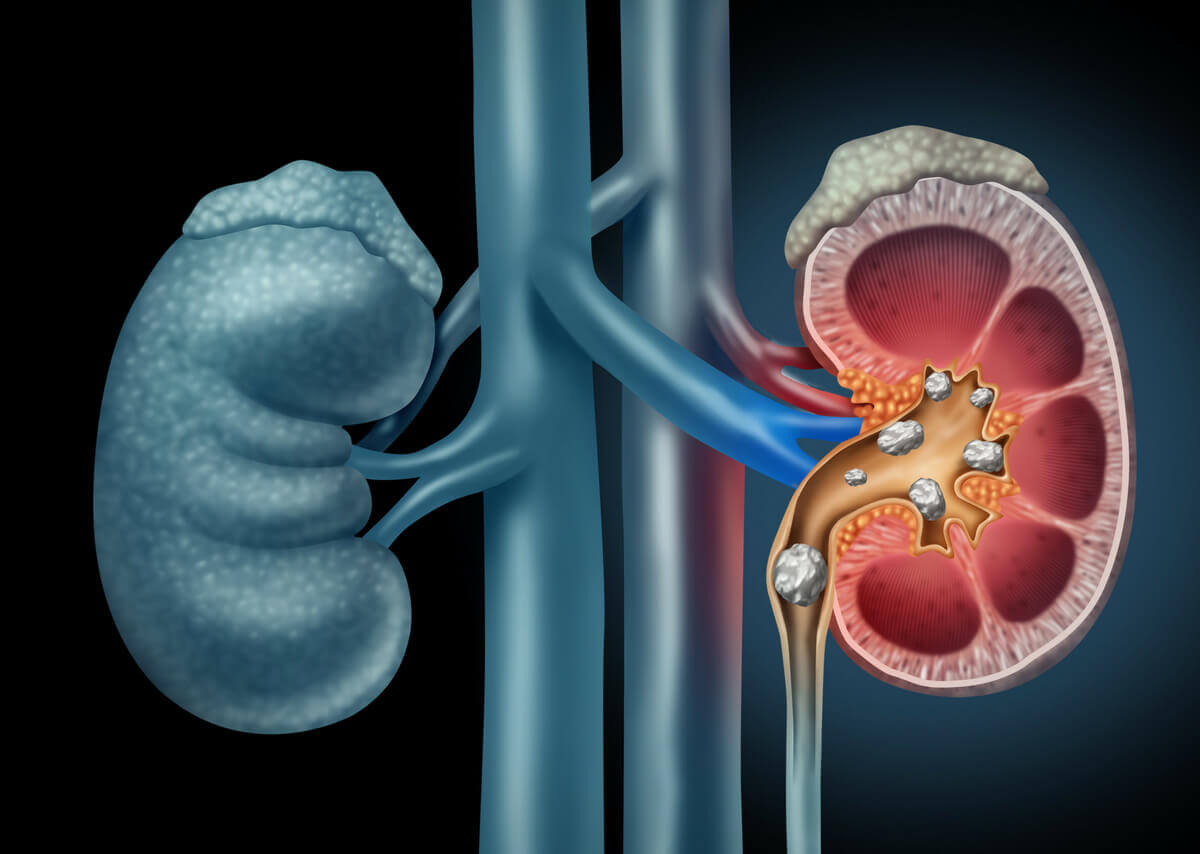
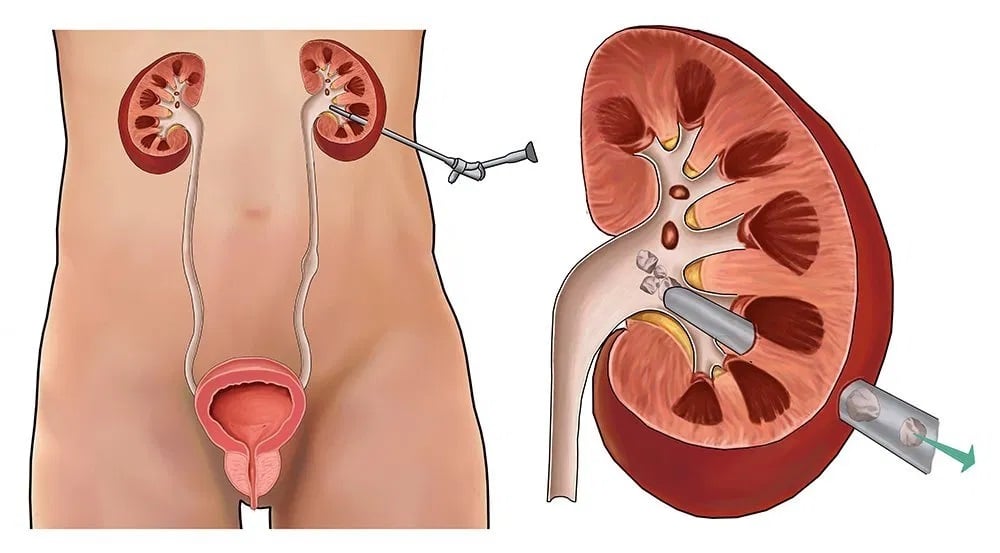
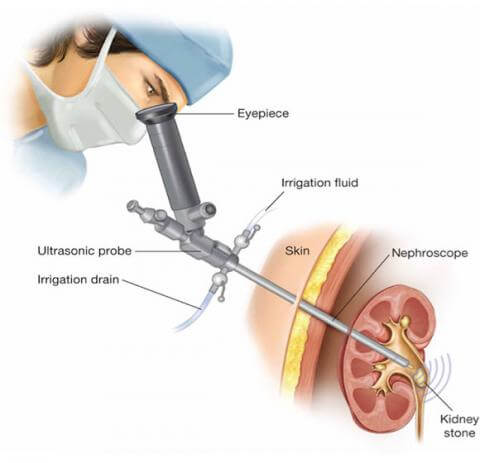
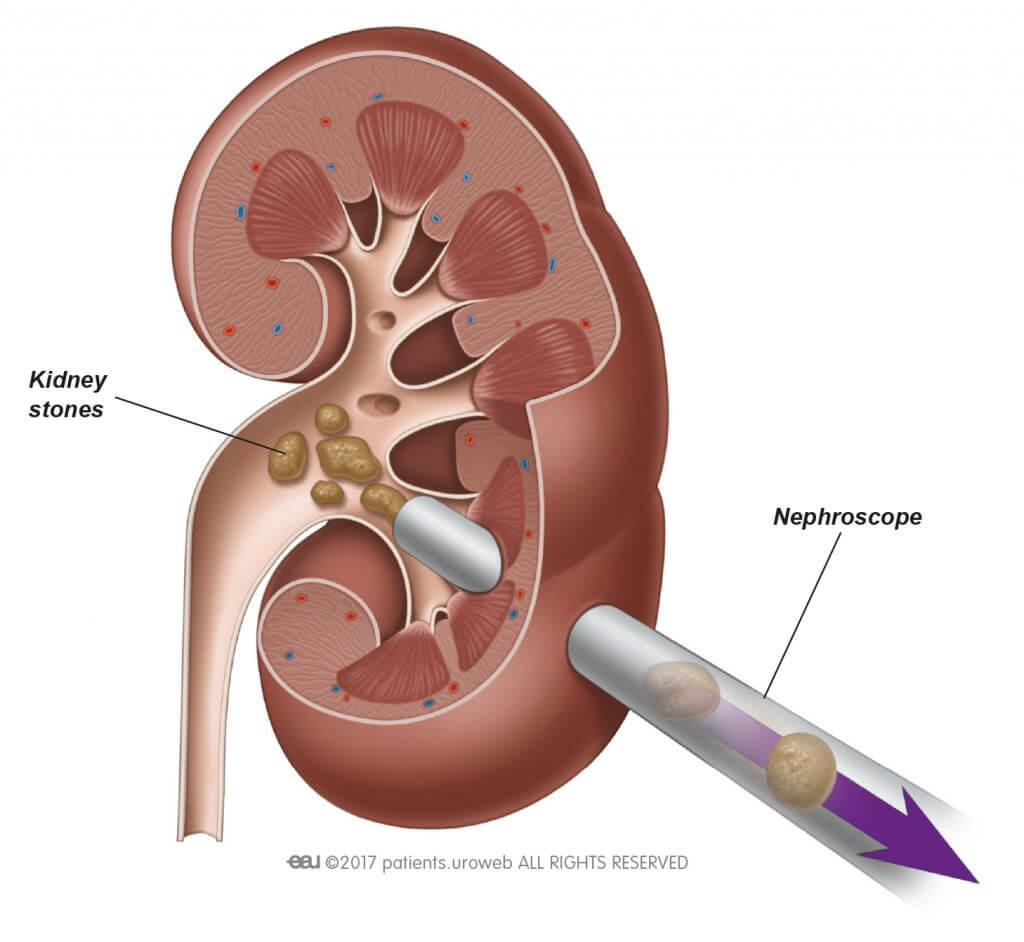
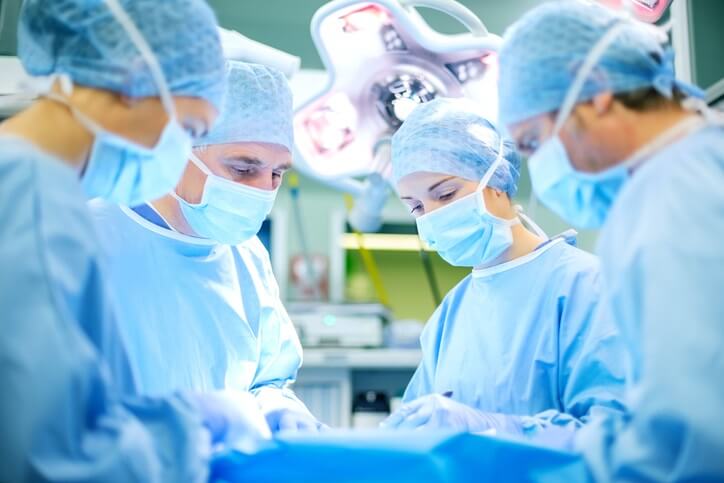

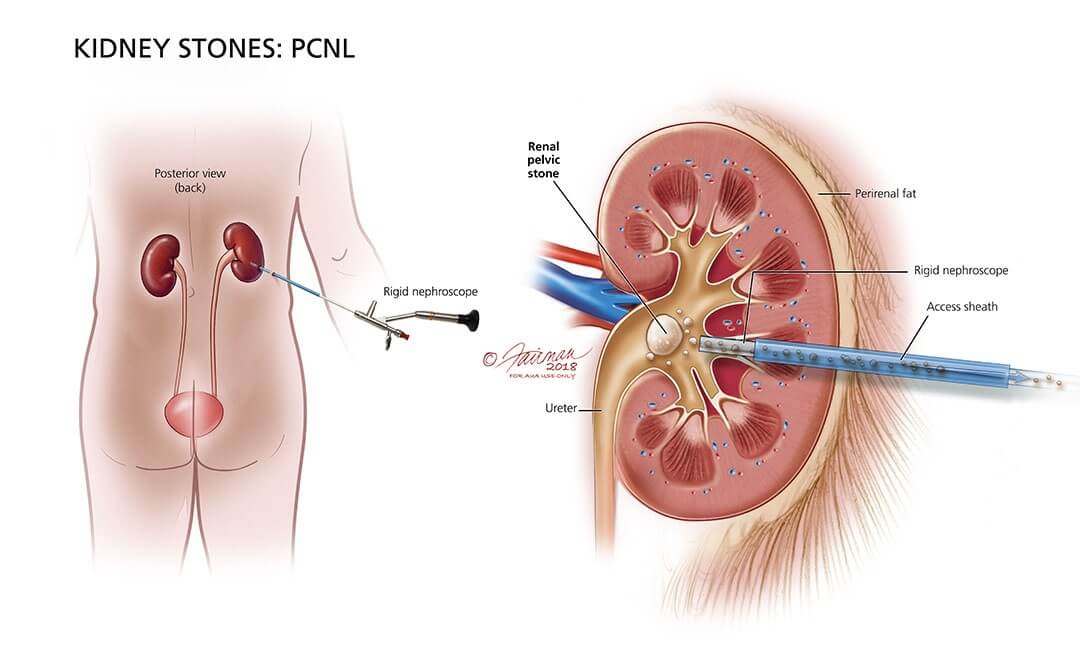
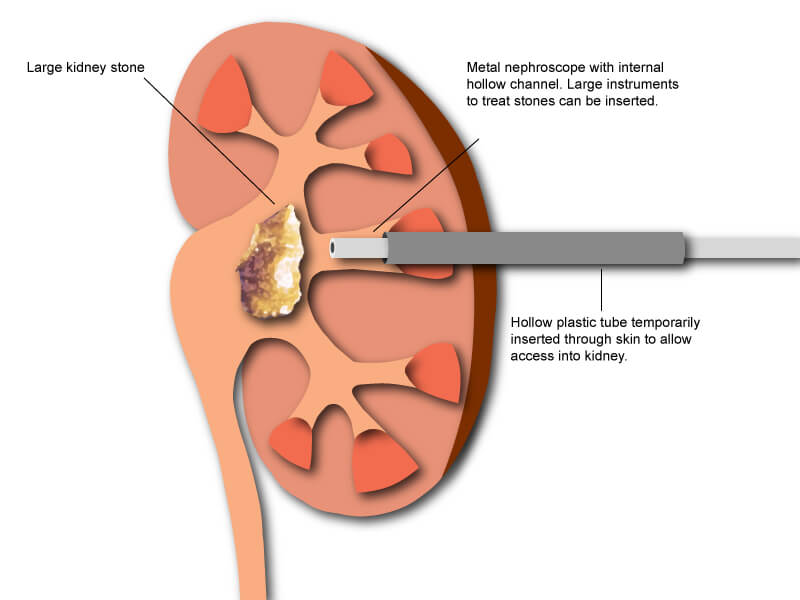

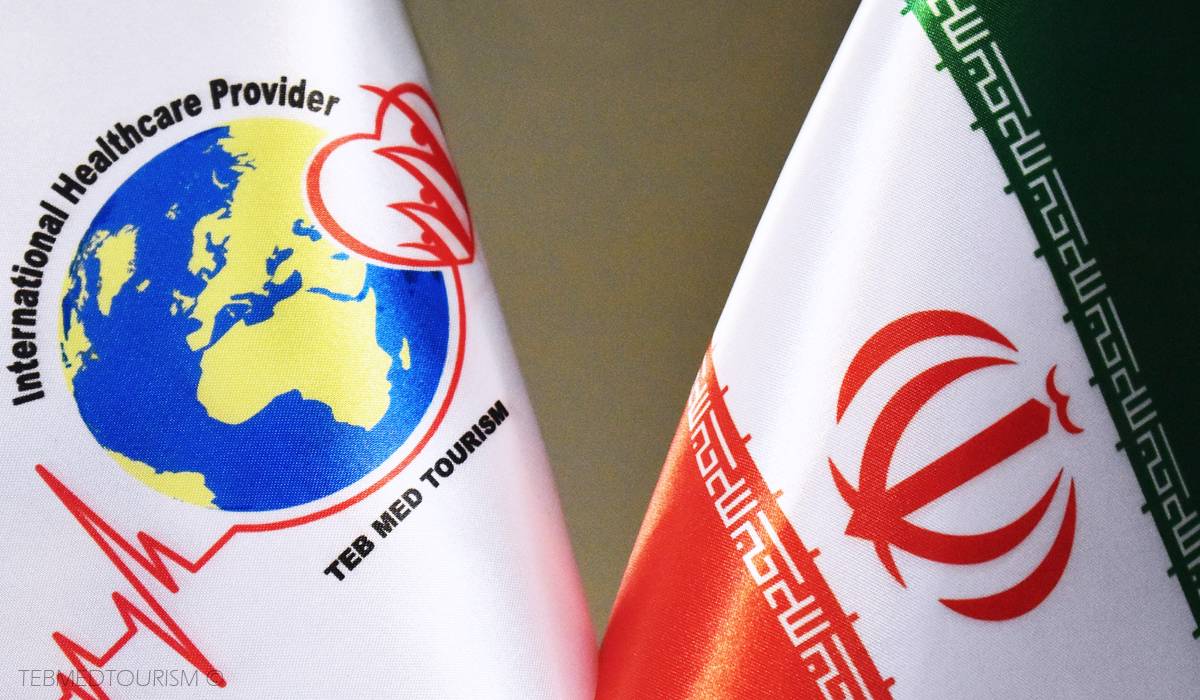
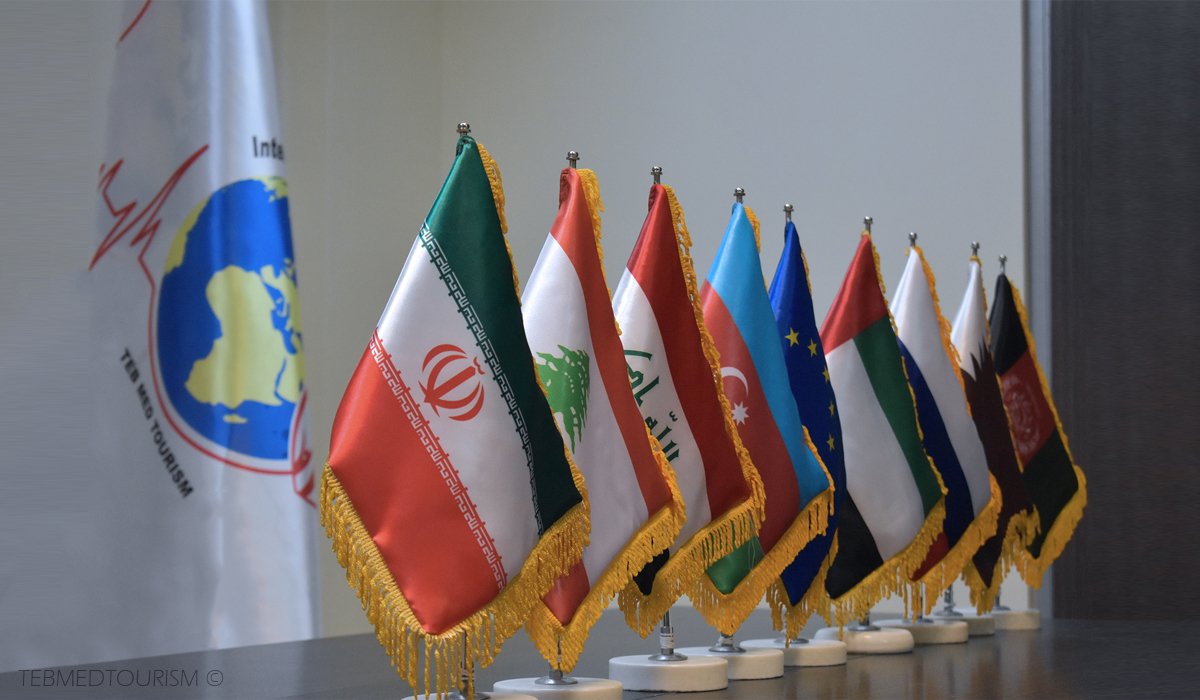
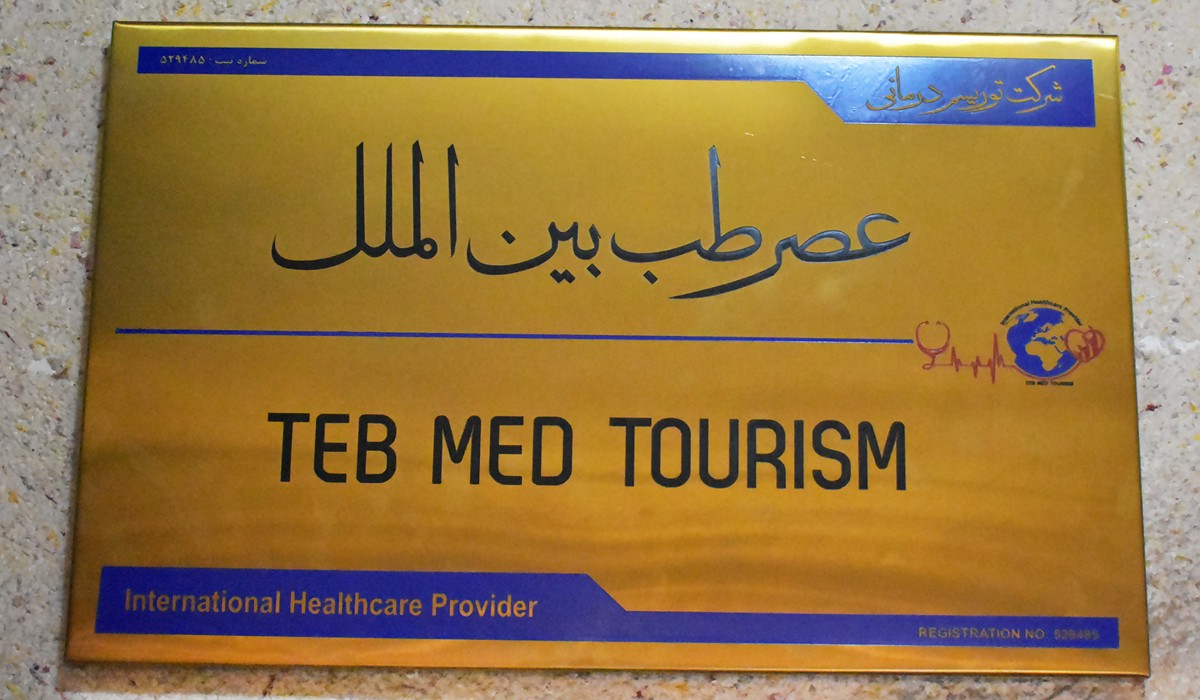

Comments & Questions